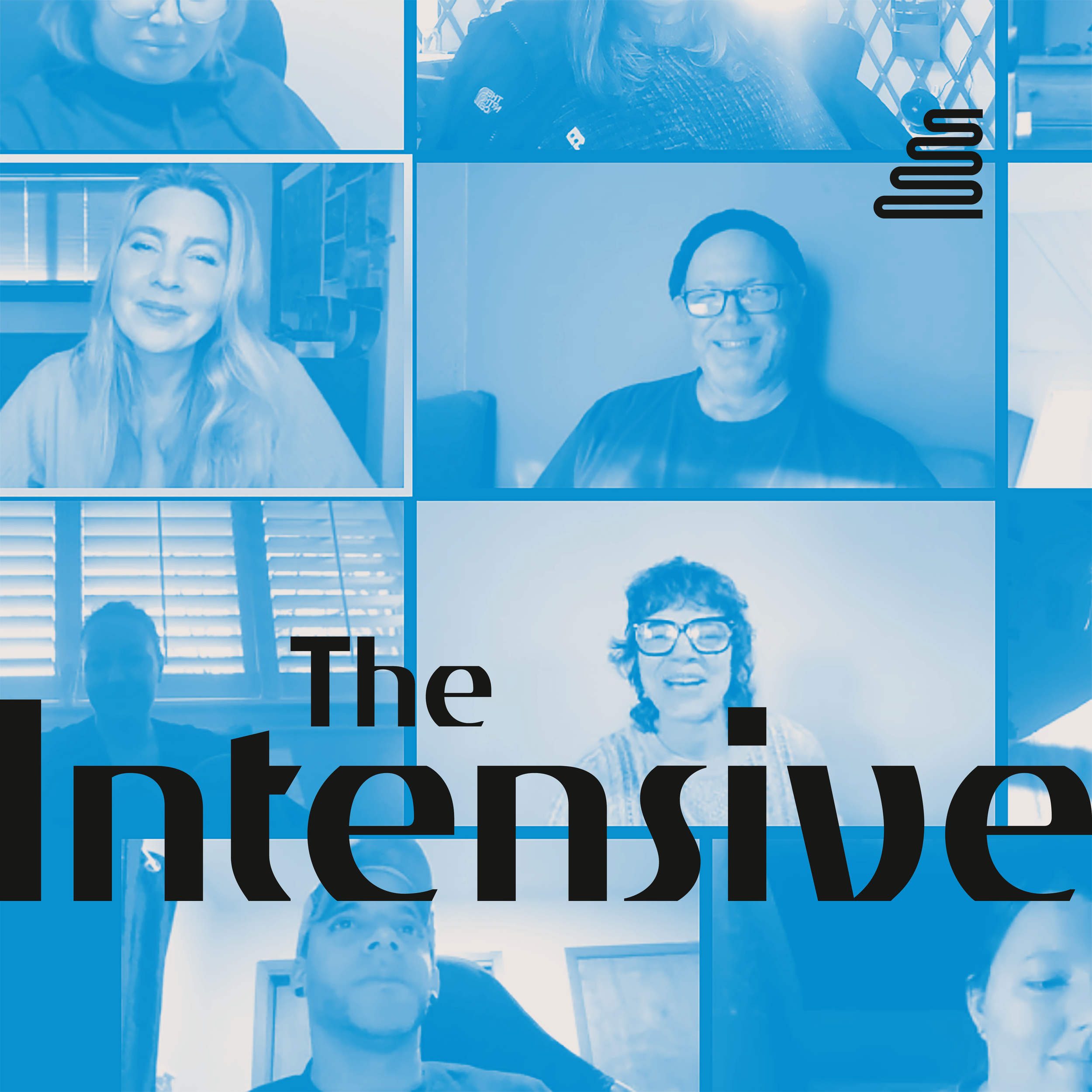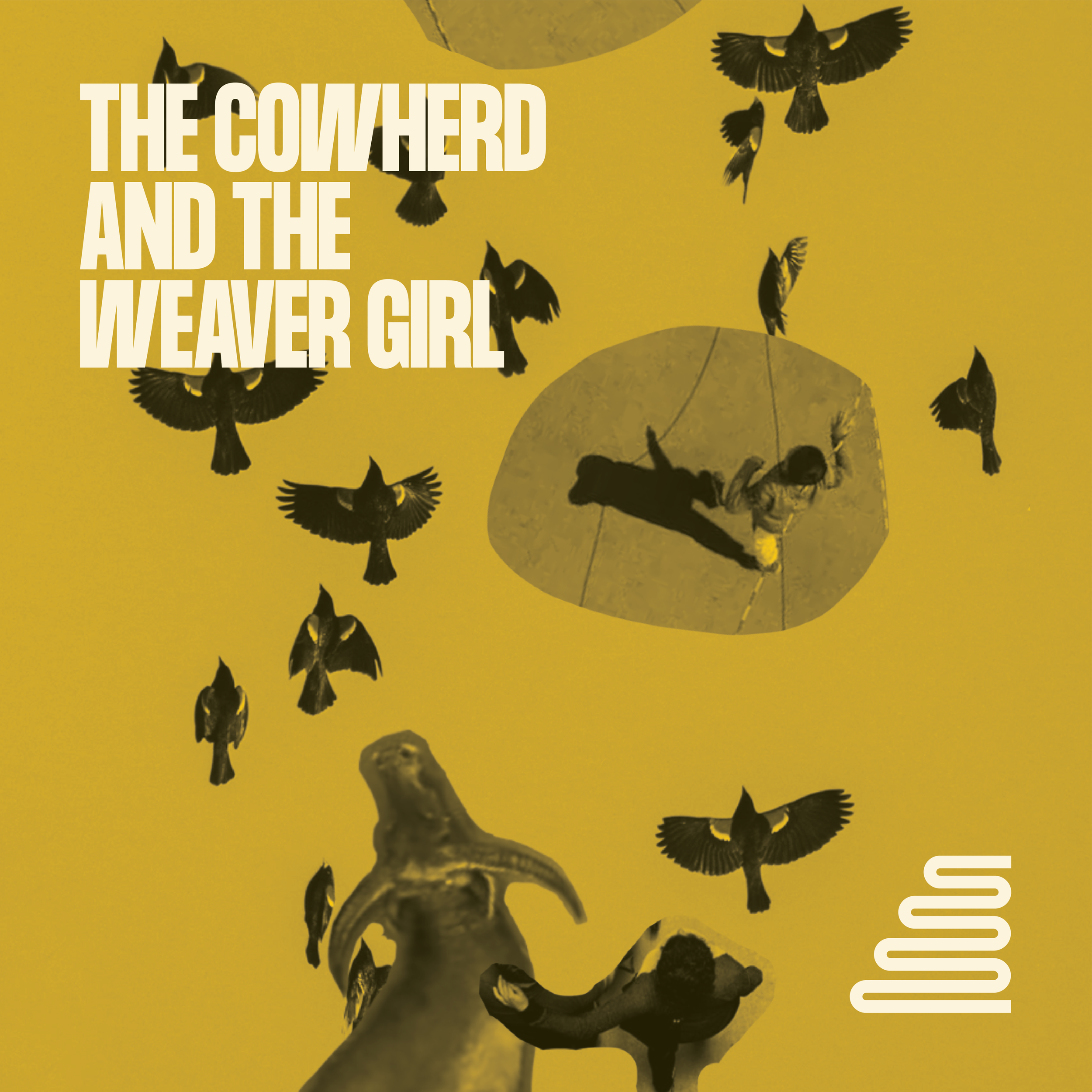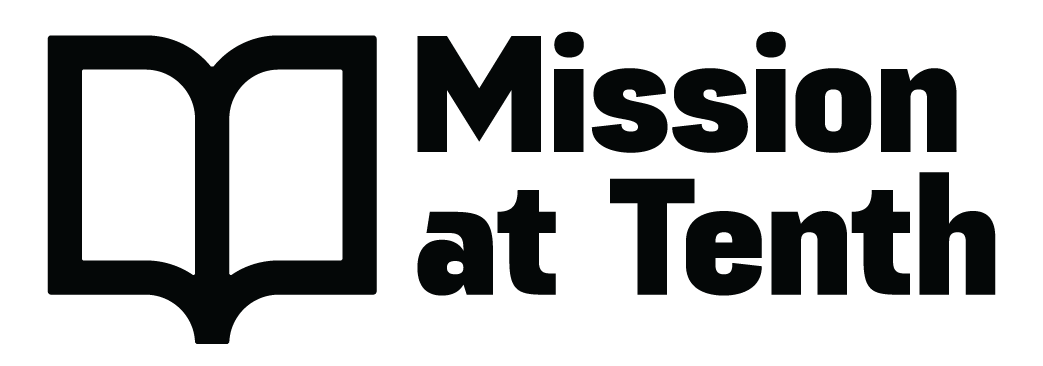Welcome to Artifact, a podcast series that invites you to step inside the artistic process.

The Intensive
This episode is the finale of our third season, and we’ve got something special in store — an audio exploration of the MFA intensive. But what is an intensive? To help us figure it out, we’ll turn to Guy Slater, an interdisciplinary arts and writing MFA candidate at CIIS, who you may remember from his story, “Geo Psycho Sonic,” which aired earlier this season. Creating this episode was no easy task — Guy pored over hours of footage, seeking the truth of the student experience. Here’s what he discovered.

12 Lifetimes: A Century Cycle
Heidi Kraay, a writer and playwright across disciplines, had an ambitious project in mind, percolating in her imagination — to craft a century cycle, a series of essays each comprising a list of 100 things. Artifact provided Heidi with the motivation to try it, while presenting an additional challenge: How to transform the century cycle, a written work, into a visual object?

Smoke: My Life with Tobacco
Kary Hess is not a smoker, but she considers tobacco to be one of her friends — one that has helped her to navigate difficult situations in her life. In this episode of Artifact, Kary creates a book about her relationship with tobacco, interrogating the impulse to smoke and what she can learn about herself through the lens of introspection.

The Sound of Fear
Xiaotian Liu felt trapped by something unnameable. She decided to write down her fears and put them into a box. She saw the box as a random object used for a random purpose, but as her project progressed, this attempt to confront her fears evolved beyond the box and into a creative realm. A musical composition was born. In hindsight, Xiaotian thinks that maybe things were random after all — whatever needs to get out inevitably finds a way.

Unboxing
After the pandemic uproots her family from their life in Peru, writer and CIIS MFA candidate, Sarah Rome, explores the significance of being boxed in for months on end in a city that still doesn’t feel quite like home. When a fortunate outing with her medically vulnerable son allows them to open up to the world again, a shared moment of wonder shines a light on the way forward. In this episode, we get to listen in on Sarah’s process of unearthing a deeply personal story from the random artifact she is given to work from.

GeoPsychoSonic
Guy Slater spent the month of January crisscrossing the San Francisco Bay Area with a surround sound microphone in tow, capturing ambient audio in a variety of venues. Slater, an interdisciplinary art and writing MFA candidate at California Institute of Integral Studies, grew up here in the Bay Area, and this journey represents a catalog of memory — the 25 places and spaces he recorded were significant at different stages of his life. The result, which Guy calls GeoPsychoSonic, is an exploration of space-time and the self through sound.

In Conversation with Alex Burger
Cindy Shearer, director of the MFA program at CIIS, joins host Neil Freese in conversation with playwright, screenwriter, and author Alex Burger. You may remember Alex from his radio drama, The Case of the Missing Cards, which we featured earlier in season two. We’ll talk with Alex about his inspiration for the podcast, the process by which he pushed his voice actors to play heightened versions of themselves, and more.

Time Was Never Time at All
Host Neil Freese brings us a story about time — and the mysterious forces of memory and regret. If you could send a message to your 18-year-old self, what would you say? Neil confronts experiences that haunt him, tethering him to a past self, and he travels through time to reconcile with his failures.

The Case of the Missing Cards
This week we’re presenting a radio drama chronicling a day in the life of burnt out Fresno State artist Alex Burger. Journey with him as he creates his artist cards, gets them stolen, and then embarks on an increasingly delirious investigation to get them back.

Wild Little Memories
What’s the value of a memory? Today’s story is from award-winning author and illustrator MariNaomi, whose work has appeared in over 80 print publications and has been featured on websites such as The New Yorker's Daily Shouts, The Rumpus, LA Review of Books, Midnight Breakfast, and BuzzFeed. MariNaomi looks at how, much like baseball trading cards, our memories can be both priceless and worthless at the same time. Through a set of artist trading cards, MariNaomi explores some of her own bite-sized memories.

Changing My Story
We all tell stories. Stories about the world. Stories about ourselves. Stories to help us make sense of things. But what if you could change your story? Today marks the beginning of our second season, and we’re kicking things off with a transmission from Nupu Press, a writer, artist, and illustrator living in Bangladesh. Nupu uses a pack of bespoke artist trading cards to guide us through the transformation of the story she tells about herself.

Practice Makes Process
In our final episode of season one we’re bringing you something a little different – a story of creative discovery. Eric Berson is not an artist. He works at an educational technology company and lives in the San Francisco Bay Area. This past winter, Eric identified a deep desire to find a hands-on way to explore his creativity, and today we’ll ride along as he begins his journey.

In Conversation with Cindy Shearer
This week, Neil Freese interviews writer, artist, writing/arts coach, consultant, professor, curator, and arts administrator Cindy Shearer. Cindy is a professor at CIIS and the chair of the MFA program, as well as the co-creator of the Artifact podcast series. Neil and Cindy will delve deeper into the story behind Cindy’s podcast episode, Lost-Proof.

Lost-Proof
This week our guest is writer, artist, writing/arts coach, consultant, professor, curator, and arts administrator Cindy Shearer. Cindy is a professor at CIIS and the chair of the MFA program, as well as the co-creator of the Artifact podcast series. Now it’s her turn to tell a story about holding space for the complexities of our time and exploring the idea of walking as travel.

In Conversation with Mayela Rodriguez
This week we’re presenting a conversation with media agnostic artist Mayela Rodriguez, who was featured in our second episode, “An Argument for Navel Gazing.” We’ll discuss the process of making a piece of decaden art, the allure of the color “hunter orange,” and we’ll delve into her instincts as a confrontational artist.

Over the Wire
Danielle Freiman is an interdisciplinary artist based in San Francisco, Calif. Through zine making, assemblage, and manifesto writing, Danielle creates platforms for connection and alchemy between objects and people. This project was an experiment in communication and intimacy during the COVID-19 pandemic. Danielle created a tin can telephone with a six-foot-long string in an effort to create something that could help amplify her voice while talking with others from a distance. The cans offered some much needed novelty and laughter between the participants and a suggested new form of interaction in lieu of physical touch.

Neil Freese in Conversation with Cindy Shearer
This week’s episode is a conversation between Neil Freese and Cindy Shearer, the director of the MFA program at California Institute of Integral Studies — and a companion piece to our first episode, Burn the Page, which details Neil’s artistic journey. We hope it sheds more light on the process of creation.

The Cowherd and the Weaver Girl
Christine Qian is a California-based artist who creates colorful illustrations and semi-realistic portraiture. Christine’s audio diary is a window into the process of creating during an art block as she embarks upon an artistic reimagining of a centuries old event in Chinese mythos.

An Argument for Navel Gazing
Mayela Rodriguez is a Michigan-based media-agnostic artist reimagining institutional critique as a collective, inclusive, and healing process. In this week’s episode, she dives into the guilt ridden phrase “Navel Gazing”, re-framing the act from self-indulgence to radical self-care.

Burn the Page
To burn is to destroy almost instantaneously. But to craft, the creator must often endure a process that can feel painfully slow. Host Neil Freese guides us through our inaugural episode, inviting us into his artistic process as he writes a pandemic journal and then, in an act of catharsis, sets it ablaze in a bonfire. From the ashes, he creates something completely new. Join us as we contemplate the complexity of memory and the distinction between permanence and impermanence.
